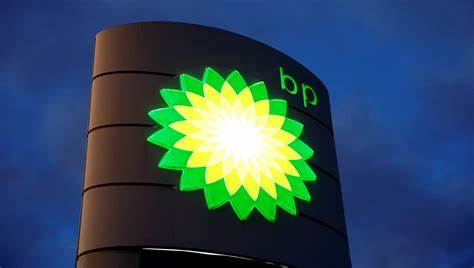Oil & Gas
BP FLOWS FIRST GAS AT GREATER TORTUE AHMEYIM LNG PROJECT.
JUMA SULEIMAN

BP has announced the commencement of gas flow from the GTA Phase 1 liquefied natural gas (LNG) project to its floating production storage and offloading (FPSO) vessel, signaling a critical step in the project’s commissioning process. The GTA project, located offshore Mauritania and Senegal, is among the deepest offshore developments in Africa, with gas resources at depths of up to 2,850 meters. Once fully operational, GTA Phase 1 is expected to produce approximately 2.3 million tonnes of LNG annually. Both host governments have recognized the project as a strategic national asset since 2021.
This milestone underscores the potential of Mauritania and Senegal as emerging LNG production hubs. "This is a fantastic landmark for this important megaproject," said Gordon Birrell, BP’s EVP of Production & Operations. He highlighted the project’s role in supporting global energy needs while advancing the development of the host nations' natural resources. Birrell also commended the dedication of the project and production teams, emphasizing their commitment to safe operations.
The gas is being introduced to the GTA FPSO vessel, located 40 kilometers offshore, where it undergoes processing to remove water, condensate, and impurities. The processed gas is then transported via pipeline to a floating LNG (FLNG) vessel 10 kilometers offshore. There, the gas is cooled, liquefied, and stored before being exported. Additionally, a portion of the gas will be allocated to address growing energy demands in Mauritania and Senegal. Dave Campbell, BP’s SVP for Mauritania and Senegal, expressed pride in the partnerships and collaborative efforts that have brought the project to fruition.
The GTA project has generated significant local economic benefits, creating over 3,000 jobs and engaging approximately 300 local companies. BP and its partners have invested in workforce development through initiatives such as a four-year apprentice training program. A multi-million-dollar social investment program has also been launched to improve quality of life and foster long-term opportunities in Mauritania and Senegal. These efforts reflect BP’s commitment to sustainable development alongside the energy transition.
